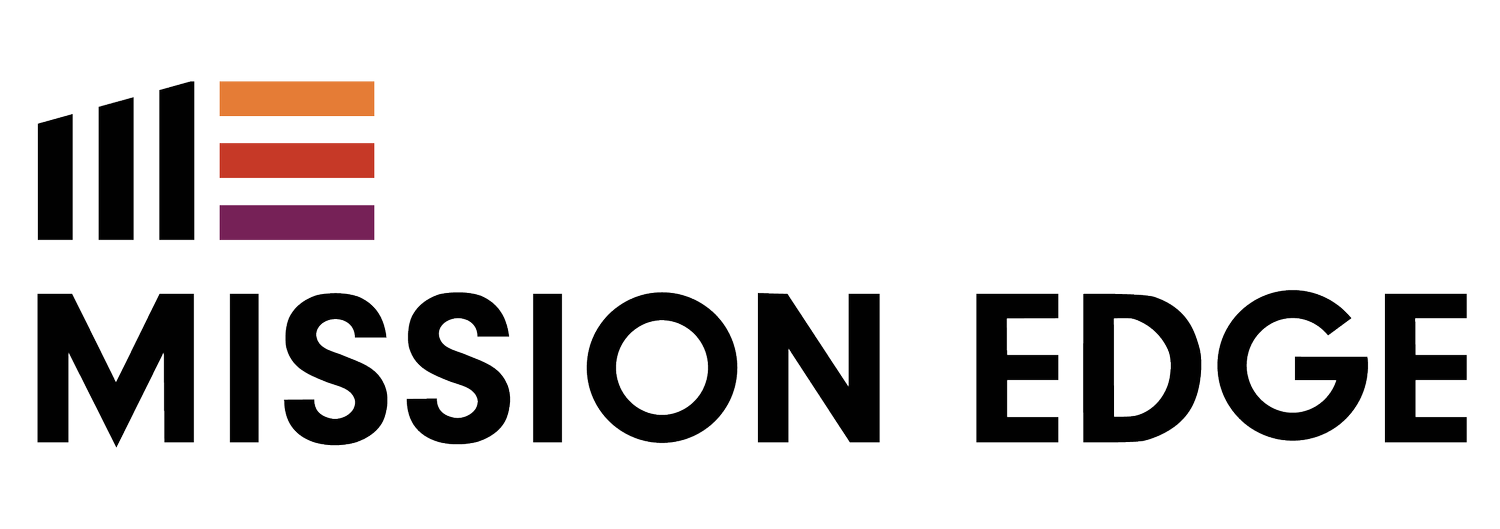Navigating Profitability
How to know if your small business is profitable (and next steps if you’re not)
Have you ever felt like everyone else has the secret to making their small businesses profitable, while you’re left fumbling in the dark for clues?
Maybe you’re still getting your business off the ground and you’re happy when you break even. Or maybe you are making a modest profit, but still get nervous when it’s time to write your own paycheck, or when tax season comes around.
Here’s an unfortunate truth (that you’re probably already familiar with): the world of small business is full of jargon, and pretending you know what you’re talking about is often encouraged. There’s nothing wrong with using technical terms, but when a barrier is formed that prevents everyone from an equal opportunity at success, that’s a red flag.
Besides, many of us already have some sort of baggage surrounding money. We’re here to break down why it’s important to know whether or not you’re profitable, and if you’re not, to provide a few steps in the right direction.
Understanding profitability
Profitability can best be understood as a sliding scale.
Your business is as profitable as your revenue minus the cost of doing business (labor costs, materials, building maintenance, et cetera).
A business that keeps its costs down but brings in a lot of revenue will naturally be more profitable than one that has high costs that produce relatively low revenue.
Big companies don’t always have to focus their efforts toward profitability because many times they have multiple sources of income and access to capital as a back-up.
But for small business owners, profitability is the key to essential business functions, including:
Paying our employees fairly and on-time
Investing in the long-term growth of our businesses
Allowing us to stay flexible with changing market conditions and competitors
TL,DR: profitability matters.
How to know if you’re making money
There are a few metrics commonly used to determine profitability. At the risk of sounding jargon-y, let’s go through just a few together:
Now that you have some of the terminology in front of you, it’s more doable to reflect on how you’re currently doing.
Here are five questions to ask yourself when considering how profitable you are:
1. Are we generating enough revenue?
The simplest and most on-the-nose question is often the one you need to ask to make sure you’re on the right track. Find your answer to this question and go from there.
2. Are we accurately tracking our finances?
There’s power in numbers, and there’s power in keeping track of the numbers to be aware of exactly where you’re at. Find a tracking system that works for you and your team, and will be sustainable and scalable as you grow.
3. How does our profitability compare to others like us?
As we discussed earlier, high profit margins indicate profitability. However, just how high will depend on your industry and the nature of goods sold. In general, a healthy profit margin for a small business is anywhere between 7-10%. This greatly depends on your amount of overhead costs, though — a retail business may have a lower profit margin than, say, an accounting firm.
4. Are we effectively managing cash flow?
Do you remember how you spent your first paycheck? Did the thrill of getting real, adult money burn a hole in your pocket, quickly leading to the startling realization that spending money is way easier than earning it?
You’re (hopefully) a lot more thoughtful about how you spend money in your business. But the same concept of cash flow applies. Make a habit of regularly checking in on your cash flow habits to see what needs to be adjusted.
5. What can we do to improve?
While we know that “business-speak” can have the potential to create confusion, we hope that once you’ve worked through the profitability equations for yourself, you feel better-equipped to fine-tune and improve your business so that you can continue to grow.
Maybe you need to find a new distributor to cut costs. Or maybe it’s finally time to charge what you’re worth so you can increase your annual revenue.
If you’re feeling overwhelmed, please let us reassure you: Regardless of how your profitability equation currently shakes out, there are many changes you can make to help your business make more money.
What’s standing in our way?
It doesn’t take a rocket scientist to understand the concept that “money equals good” in business.
So what’s keeping us from running profitable small businesses?
Maybe it’s a lack of knowledge on how to build a sustainable business plan, or how to manage inventory and cash flows.
Or maybe you’re a solopreneur who’s wearing too many hats, and you already feel too stretched-thin by the day-to-day demands of your business to even think about long-term strategy.
That’s where the Impact Lab comes in.
Our 10-week program provides over $10,000 of value through 1:1 coaching, resources and networking, all at no cost to you.
We won’t hand you a one-size-fits-all manual for how to get rich fast. Instead, we’ll pair you up with a finance expert who will get to know your business and what makes you tick as a leader.
Our program has proven successful for past clients who come away with:
A long-term business plan.
New strategies for sustainable growth.
A lasting network of connections with other business professionals in our community who want to see you thrive for years to come.
Want to keep the inspiration going? Read more success stories.
See how Impact Lab could help you gain financial clarity for your business in 2024
Join the waitlist to apply for the next cohort!



















